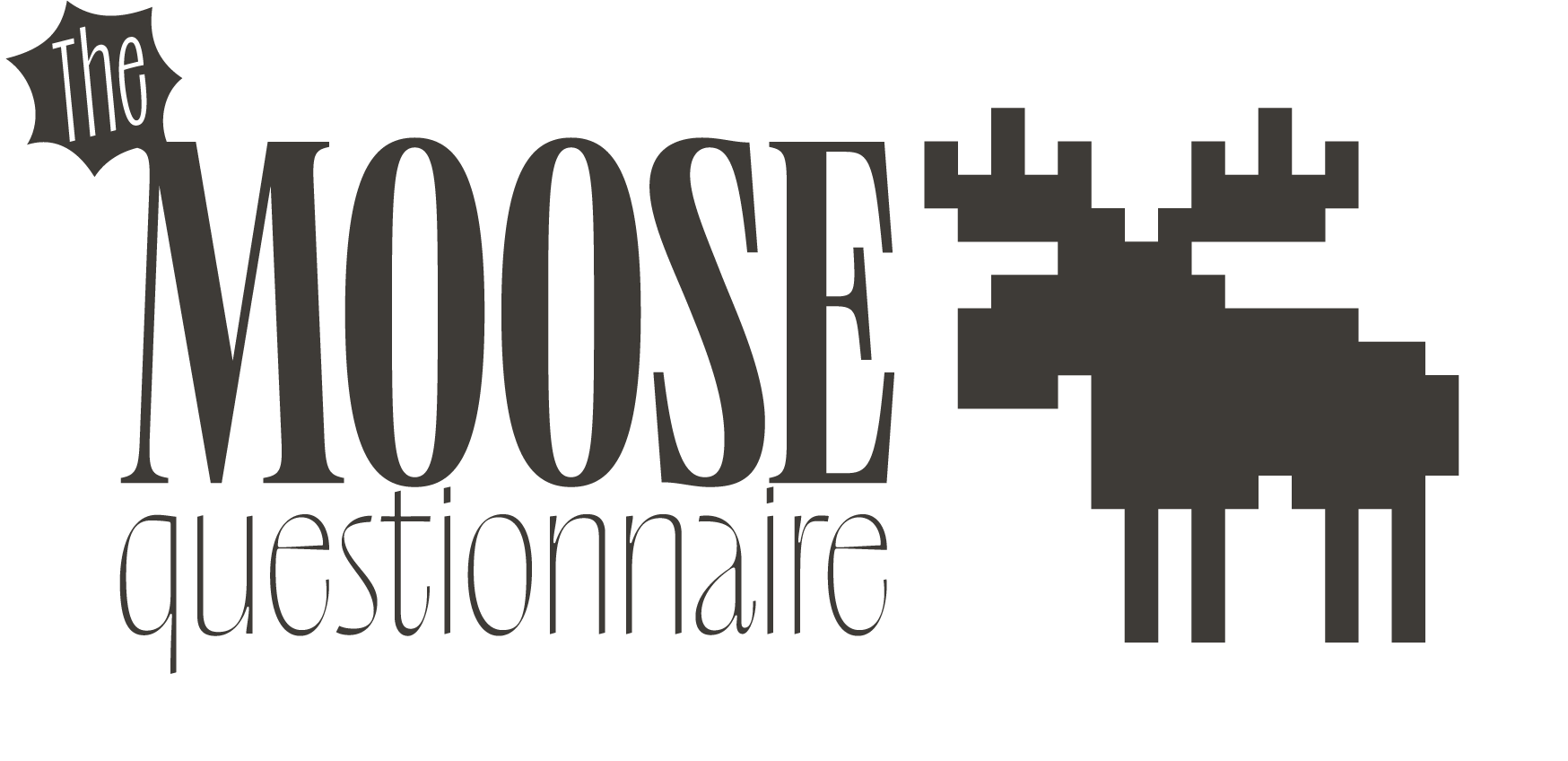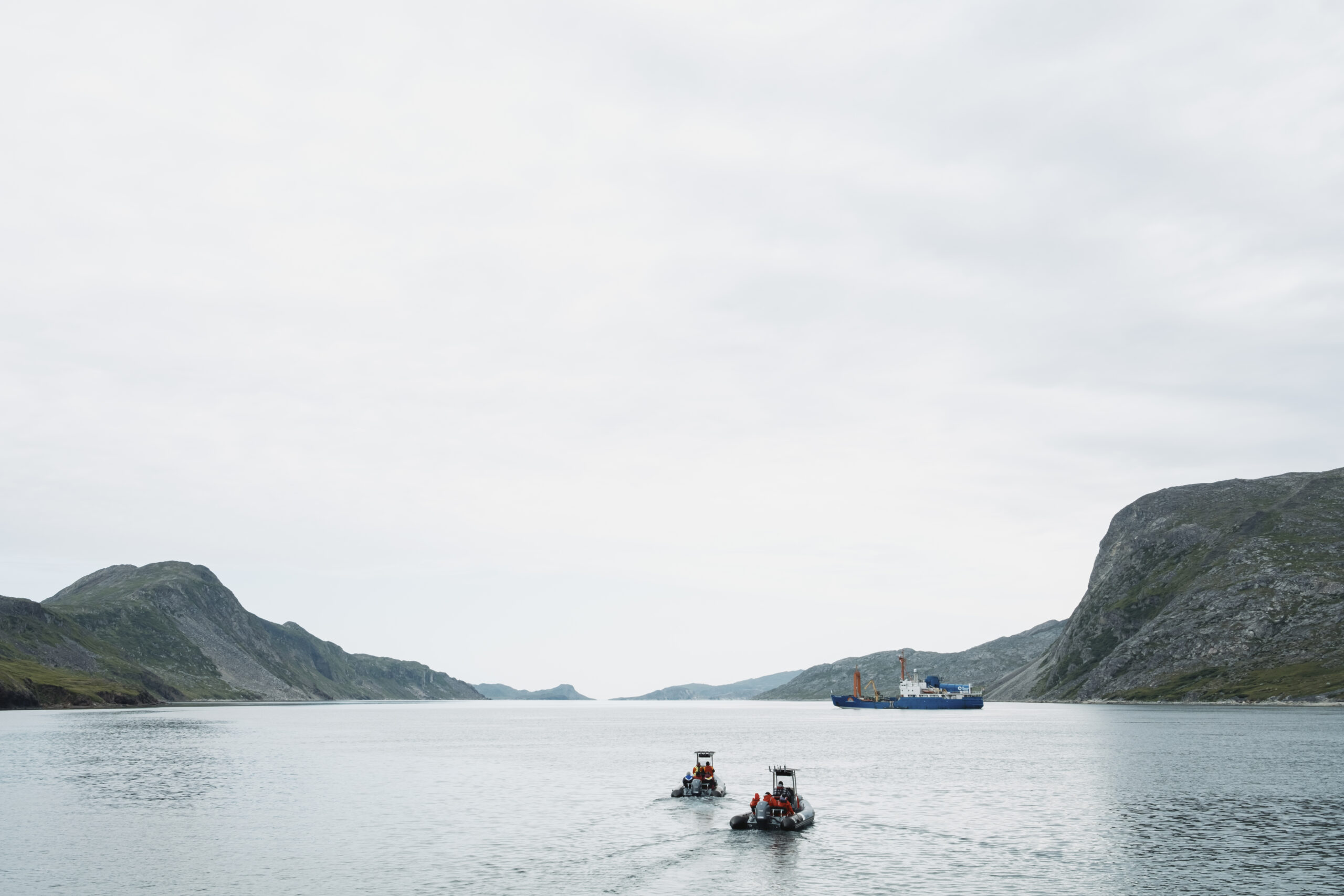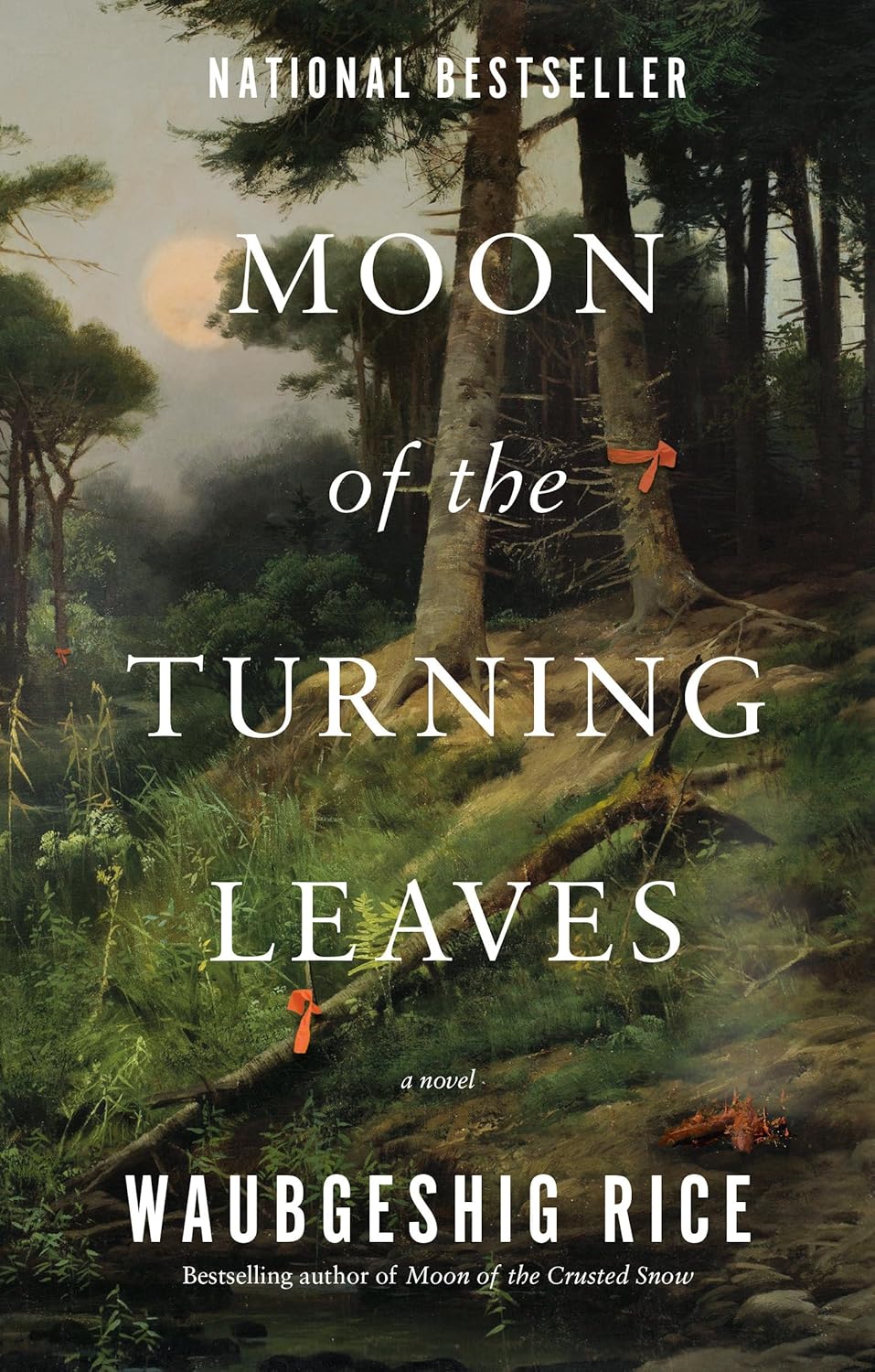
Rocky Mountain coal mine in Alberta takes next step to expansion
In Alberta, a massive open-pit coal mine near Jasper National Park is hoping to expand...
Waubgeshig Rice has a way with words, both written and spoken. Whether true or imagined, his stories are somehow both concise and hefty, and even when sad, they’re full of beauty.
During nearly two decades as a journalist, most with CBC, he covered Indigenous communities with knowledge and respect at a time when many others didn’t. Rice, who grew up in Wasauksing First Nation, wrote fiction on the side until 2020, when he turned to it full time. His most recent, last fall’s Moon of the Turning Leaves is a sequel to 2018’s Moon of the Crusted Snow, both bestsellers set in a fictional Anishinaabe community after a global crisis. The first book is eerie and unsettling. The second is slightly less terrifying, but still adventurous.
“I wanted the land itself to be more of a central figure to the overall narrative,” Rice says about the second book, which he calls a “quest of discovery.”
“It becomes a force that influences both the plot and the characters at various points in the story.”
On the phone, Rice — who just sold two more books, one of which will bring him back to non-fiction — is as thoughtful and sharp as on the page. He’s also just plain funny. Here are the Sudbury, Ont., resident’s answers to The Narwhal’s Moose Questionnaire.
This interview is edited and condensed for clarity — all opinions are the subject’s own.

I think off the top of my head, the yearly ice breakup is just something to behold, right? When you consider just a few months prior, it’s open water, and then it’s all hard water, like essentially another surface, and then it melts again. So beholding that water cycle. It sounds kind of mundane, but having grown up on Georgian Bay, this vast body of water before me, it’s just something I’ve really appreciated every year of my life, essentially.
Being in the Andes Mountains in Peru. I hiked the Inca trail with my wife in 2013 and being in mountains walking amongst the clouds is just like — I’m getting goosebumps now, thinking about it all this time later.
I will pick the beaver to marry because they’re so resourceful. It builds its own habitats. It can literally fell trees with its mouth, which is just awesome. A beaver for just how excellently capable it is in nature.
To kiss, I would say probably a bear. I have an affinity for bears because I come from the Bear Clan, in the Anishinaabe culture. And of course, bears can be dangerous, and you shouldn’t kiss them straight up, but I just have this love for the creature itself, because of how I was raised. When you’re Bear Clan, the role that comes with that is being part of the protectors of the community, but also having medicinal knowledge too. So I take pride in that. At the same time, with being like a big, tough kind of protector, you also need to compliment that with some affection. So that’s why I would kiss the bear.
Kill, oh, man, I don’t know. Maybe an invasive species, like the zebra mollusk.

I am always inspired by young Great Lakes Anishinaabe people in general, who are raising awareness of freshwater and the importance of protecting it. The Georgian Bay Biosphere, they have a very important Nishnawbe element to the work they do. They hire young people from my community, Wasauksing First Nation, and from other Georgian Bay communities like Shawanaga First Nation.
The billionaires. Bezos and Musk and those guys who could literally pour billions into mitigation efforts. Why they don’t is beyond me. I would just hope that they could find some compassion somewhere in their lives.
I’m into it. I’m for them. If cats want to live in a barn, or, you know, in a shed or something like that, let ‘em be.
I changed my mind about Nickelback years ago. I thought I was too cool for them, but then I noticed myself bobbing my head the more they came on the radio. So I’m appreciative of Nickelback now.

I don’t know if I can think of a specific moment. I just recall being in online conversations, trying to change people’s minds about things and recognizing the futility of it, and just knowing that it’s a waste of time and energy. There’s this digital divide between you. That’s kind of prompted me to lessen my engagement on social media. I find it more impactful just to try to meet people face to face and just have real discussions with them.
Great Lakes, without question.
I don’t want to speak entirely in generalizations, but in my experience, women are more empathetic and more reasonable than men are. I grew up with more women influencing my life than men, for sure, and being closely connected to my Anishinaabe culture on the rez, I saw that appreciation and respect for crucial elements, like the water, like the trees, the air.
What I loved the most was how women in my life taught me to spend time with all those things and to understand their power, but also their grace and their beauty and how they’re all interconnected with each other, right?

Probably the Pacific, because, you know, off the coast of B.C., the beach comes paired with those nice, big, beautiful mountains. Of course, there are beautiful mountains on the eastern side, like the Torngats Mountains in Labrador. But I think the ones in the lower coast of B.C. are more accessible.
I have a hand drum that I’ve had for a really long time. I play once in a while, but my kids play it now, and that’s a really beautiful thing to behold, because it’s keeping that beat going that was instilled in me at a young age, as young as they are now.
I went to Eureka in Nunavut, the research base there, in 2004 I think it was. It was when I was working for The Weather Network, and we went up just to do a profile on the researchers and the base itself. So it’s as far as I’ve been, and was an amazing experience.
Walking in the bush. Even where I live, close to downtown Sudbury, there’s a lot of forests and a lot of bush area, even behind our house. So I try to just spend a few minutes out there, or maybe even an hour, if I have the time just to walk among the trees and put my feet on the ground.
I would probably ask my great-grandfather, whose name was also Waubgeshig. I never knew him. He died back in the 1950s but it would be interesting to know how he felt about water levels on Georgian Bay, depleting fish stock in Georgian Bay, shoreline erosion and so on. He was known to traverse that shoreline basically his entire life. So, yeah, it’d be interesting to know his thoughts.
Maple syrup, mostly because I was raised harvesting sap and helping my grandmother make it.

Probably my parents, because they chose to raise me and my brothers on the rez. They were living in Ottawa when they found out I was coming along, and they made the choice to move from there, back to my dad’s home community. My mom’s of settler background, so it was obviously a bit of a leap for her, too. But they wanted to raise their kids in the bush and for that, I’m grateful.
Oh, my kids, for sure. It’s harder, because we live in a city compared to my own upbringing, but we take them to Wasauksing regularly, they consider that their second home. Growing up in northern Ontario — or just Ontario, because some people get upset if you call Sudbury northern Ontario — they still have access to all this beautiful water, trees and rolling hillsides. To see them appreciate it really means a lot to me.
I would say the Beckhams. I’m more of a soccer fan, and plus, you know, it’s closer.
Yes, as much as possible.
If you can think of an interesting person whose Moose Questionnaire answers you’d like to know, send us a note: editor@thenarwhal.ca.
Get the inside scoop on The Narwhal’s environment and climate reporting by signing up for our free newsletter. A $335 million funding commitment to fund...
Continue reading
In Alberta, a massive open-pit coal mine near Jasper National Park is hoping to expand...

A trade war could help remake B.C.’s food system, but will family farmers be left...

First Nations are leading efforts to make sure lake sturgeon can find a home in...
